The measurement accuracy of motor testers plays a vital role in the motor industry. With the continuous development of motor technology and the continuous expansion of application fields, the measurement accuracy requirements for motor testers are becoming higher and higher. This article will discuss the measurement accuracy of motor testers, and conduct an in-depth discussion on the definition of measurement accuracy, influencing factors, and improvement methods.
Measurement accuracy refers to the closeness between the measured value and the actual value, which indicates the accuracy of the measurement results. In motor testing, accuracy can be reflected in the resolution, repeatability, stability, and consistency of readings with standards or known parameters. High-precision motor testers can provide more reliable data, helping engineers make precise judgments and adjustments.
High-precision measurement not only ensures accurate assessment of motor performance, but also helps identify potential problems, prevent failures, optimize operating efficiency, and improve product quality and reliability. In addition, high-precision test data is essential to meet industry standards and regulatory requirements.
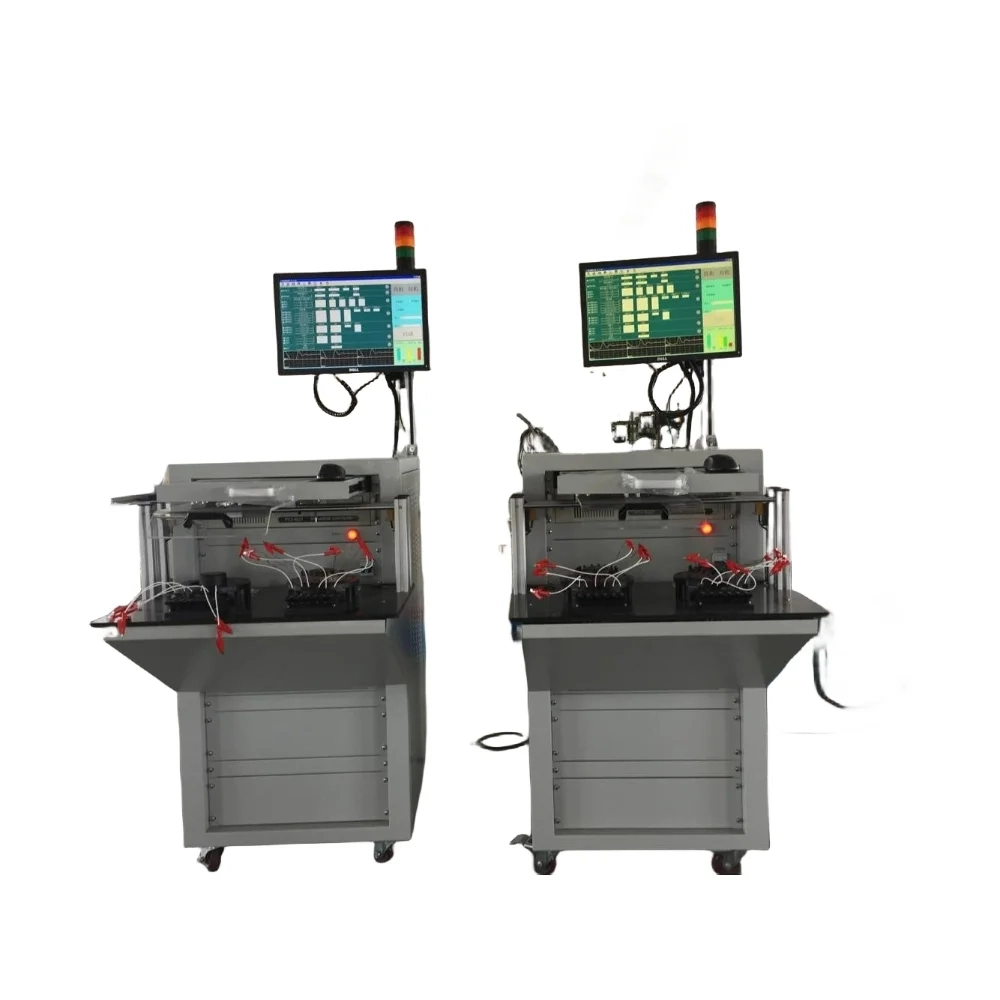
Factors affecting the measurement accuracy of motor testers:
First of all, the performance of the instrument itself is one of the key factors affecting the measurement accuracy of the motor tester. The accuracy of the sensor, the stability of the measurement circuit, and the accuracy of the digital processing system all directly affect the accuracy of the measurement results. A sensor is a device that converts a measured physical quantity into an electrical signal, and its accuracy directly determines the accuracy of the measurement. The stability of the measurement circuit and the accuracy of the digital processing system determine whether errors will be introduced during signal processing and conversion. Therefore, improving the accuracy of the sensor, optimizing the measurement circuit, and improving the accuracy of the digital processing system are important ways to improve the measurement accuracy of the motor tester.
Secondly, environmental factors are also one of the important factors affecting the measurement accuracy of motor testers. Environmental factors such as temperature, humidity, and electromagnetic interference will all affect measurement accuracy. Changes in temperature and humidity can cause changes in sensor performance, affecting the accuracy of measurement results. Electromagnetic interference will interfere with the signal transmission and processing process and introduce errors. Therefore, in actual testing, environmental factors need to be effectively controlled to ensure the stability of measurement accuracy.
In addition, the technical level and standardized operation of the operator are also important factors affecting the measurement accuracy of the motor tester. The technical level of the operator is directly related to the correct use and operation of the test instrument. Standardized operation can reduce the introduction of human error. Therefore, strengthening operator training and standardizing operations is an important way to improve the measurement accuracy of motor testers.
In addition to the above factors, there are some other factors that will also affect the measurement accuracy of the motor tester. For example, power supply stability, aging of the instrument, selection of measurement methods, etc. will all have an impact on measurement accuracy. Therefore, in practical applications, it is necessary to comprehensively consider these factors and take effective measures to improve the measurement accuracy of the motor tester.
In response to the above influencing factors, a series of measures can be taken to improve the measurement accuracy of the motor tester.
Choose a quality motor tester: one with high-resolution sensors and advanced circuit design.
Regular calibration and maintenance: Ensure the accuracy of the instrument through regular calibration, timely maintenance and replacement of damaged parts.
Control the testing environment: Try to conduct testing in a stable environment to reduce external interference.
Standardized operating procedures: Develop strict operating procedures to ensure that each test is performed according to the same standards.
Use advanced data processing techniques: Use software algorithms to filter out noise and errors and improve data quality.
Combined with other measurement methods: If possible, other tools or methods can be used to verify the results of the motor tester.
In short, there are many factors that affect the measurement accuracy of a motor tester. It is necessary to comprehensively consider the performance of the instrument itself, environmental factors, and the technical level of the operator. Through a combination of technical means and management means, the measurement accuracy of test instruments is continuously improved to meet the increasing demand for measurement accuracy in the motor industry.
Motor tester: Optimize motor operation and increase efficiency
Motor tester: a powerful tool for evaluating motor performance
Learn more about the classifications of motor testers?
Analysis of precautions for using motor tester
Motor Tester Maintenance Guide: Ensuring Accuracy and Reliability
Energy consumption and energy-saving tips for motor testers
Analysis of factors affecting the price of motor tester
The importance and methods of improving motor tester efficiency
How to extend the service life of a motor tester?
The working environment of motor testers and their importance
The history and future development trends of motor testers
Motor tester safety operation guide
How to choose a high-quality motor tester manufacturer
Motor tester storage and transportation guidelines
Working principle and usage scenarios of motor tester
Common faults and troubleshooting methods of motor testers
mia
server@zy9600.com

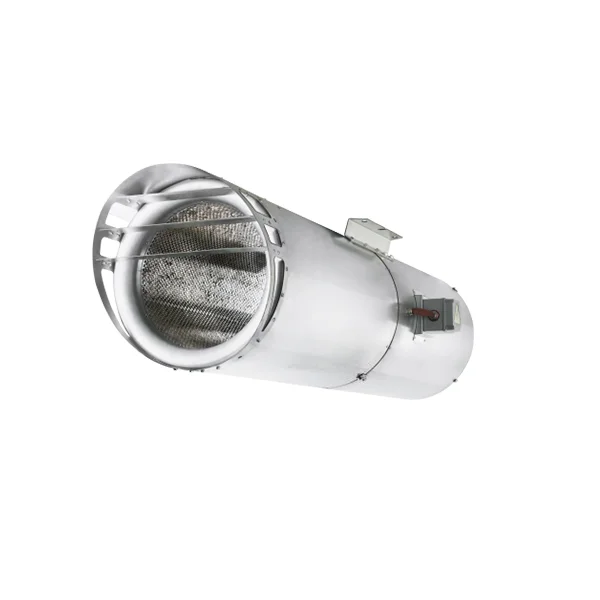
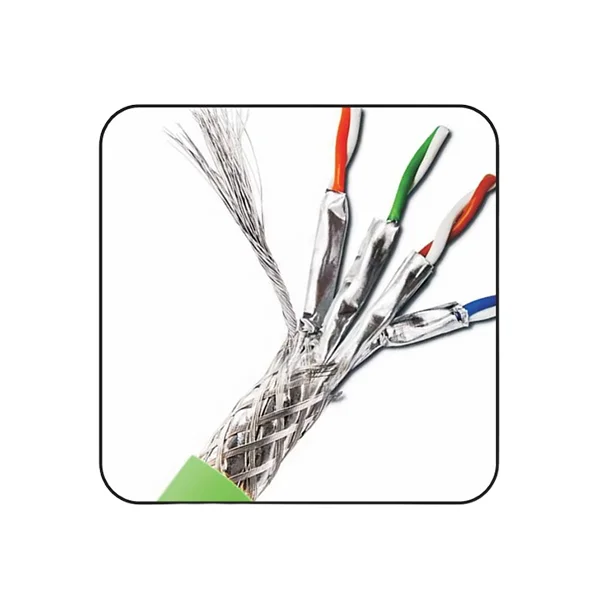
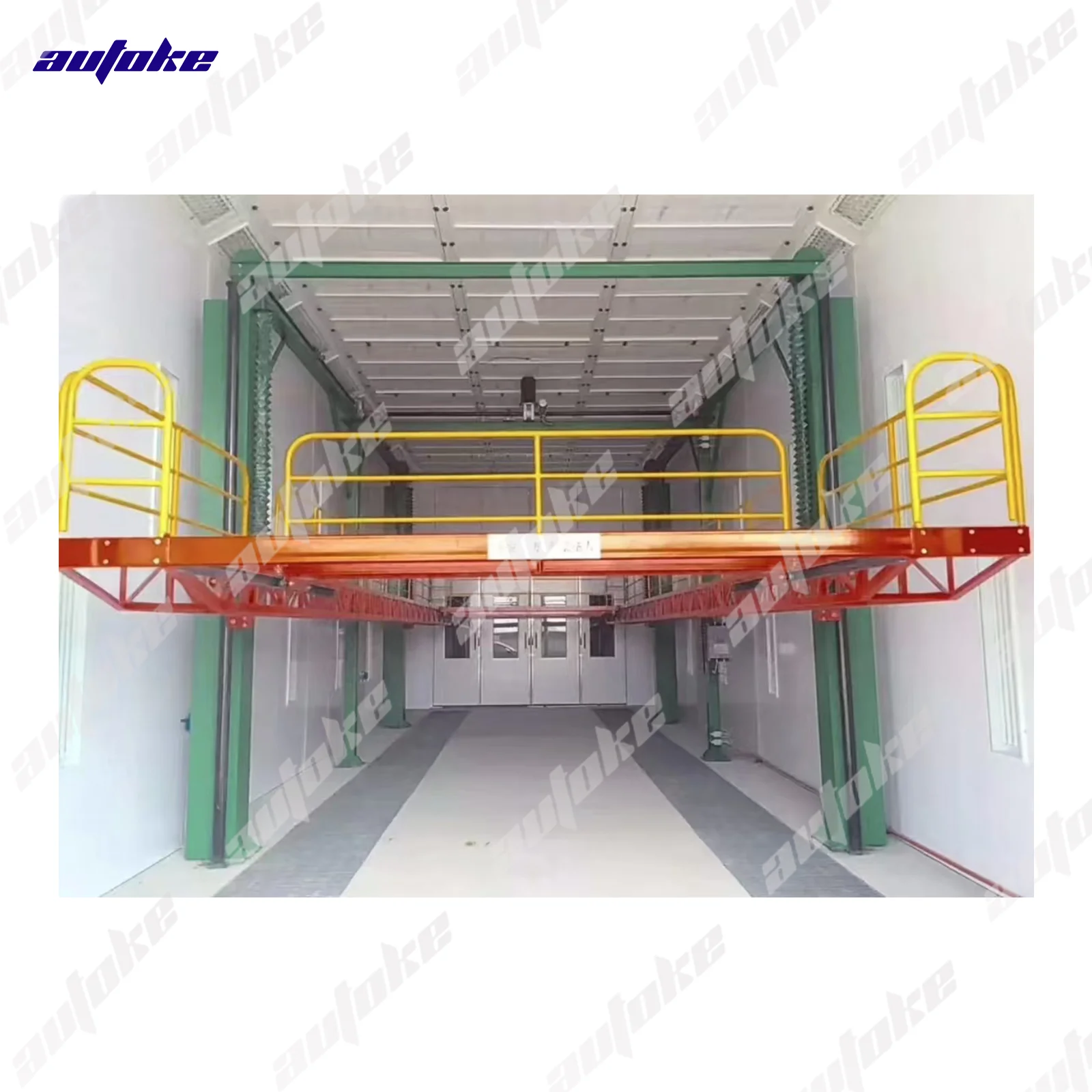
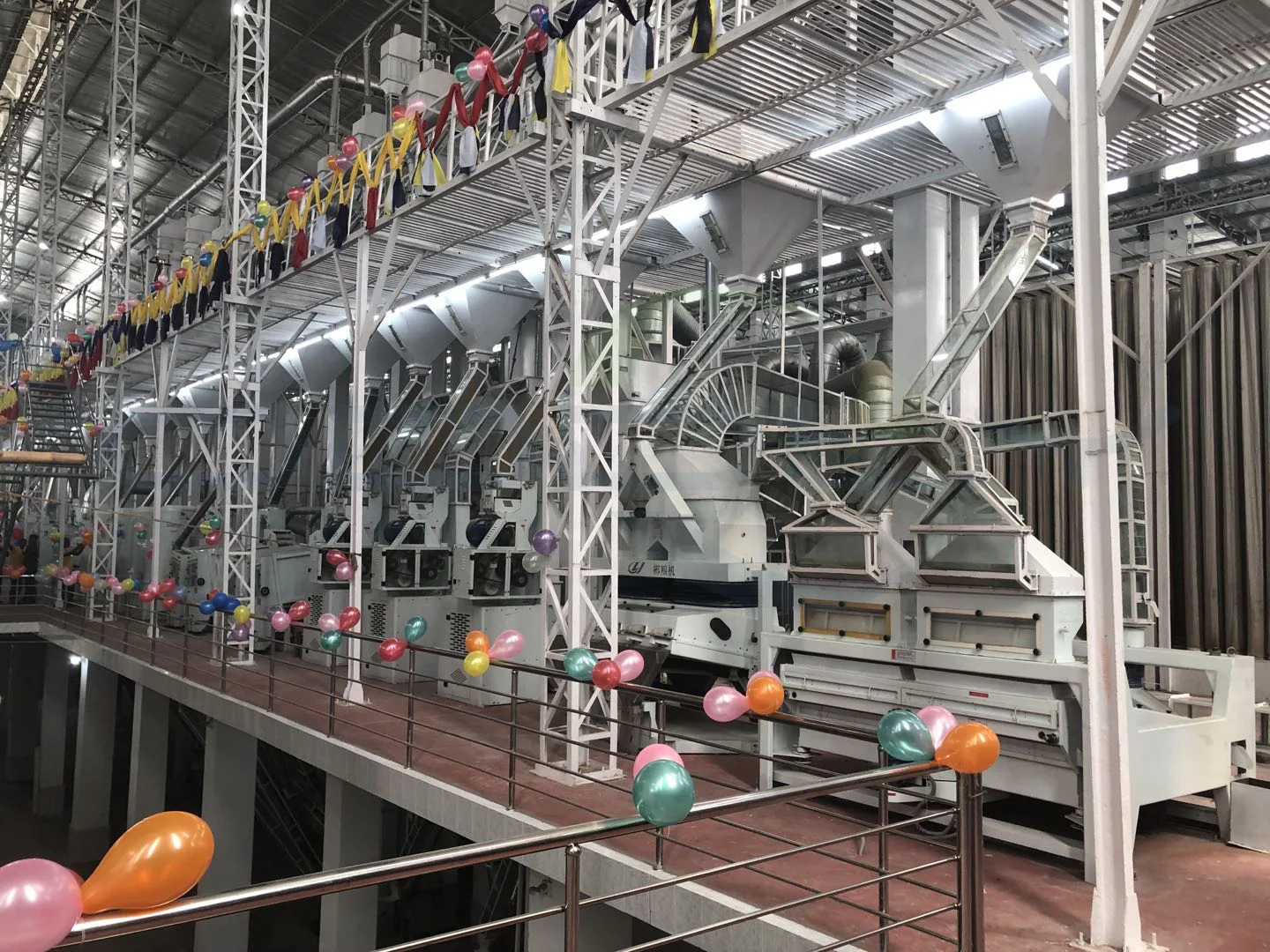


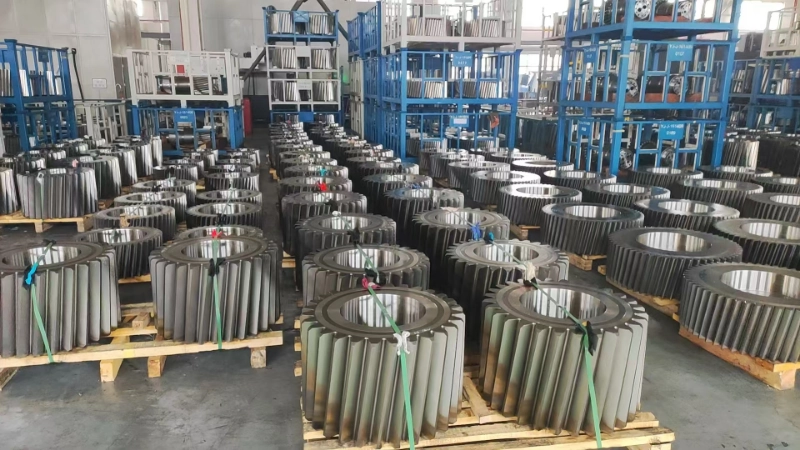


+ There are no comments
Add yours